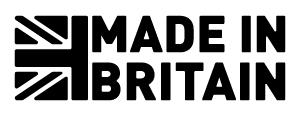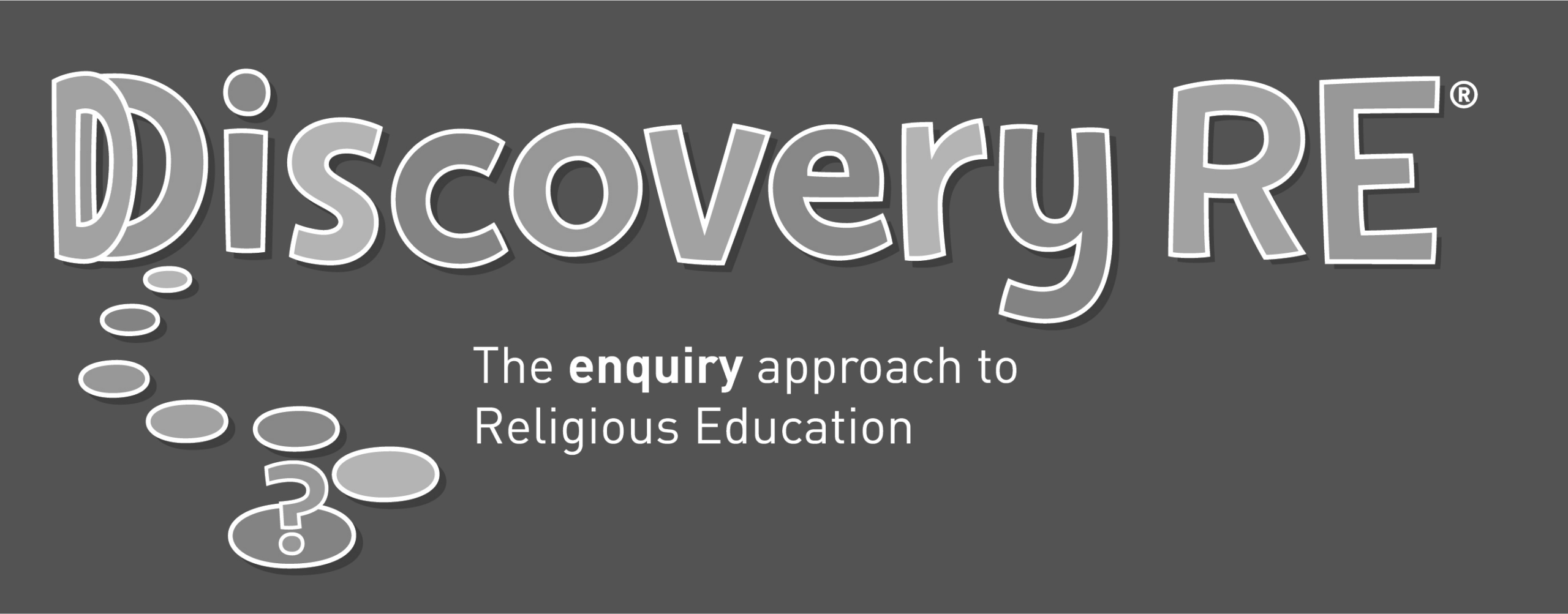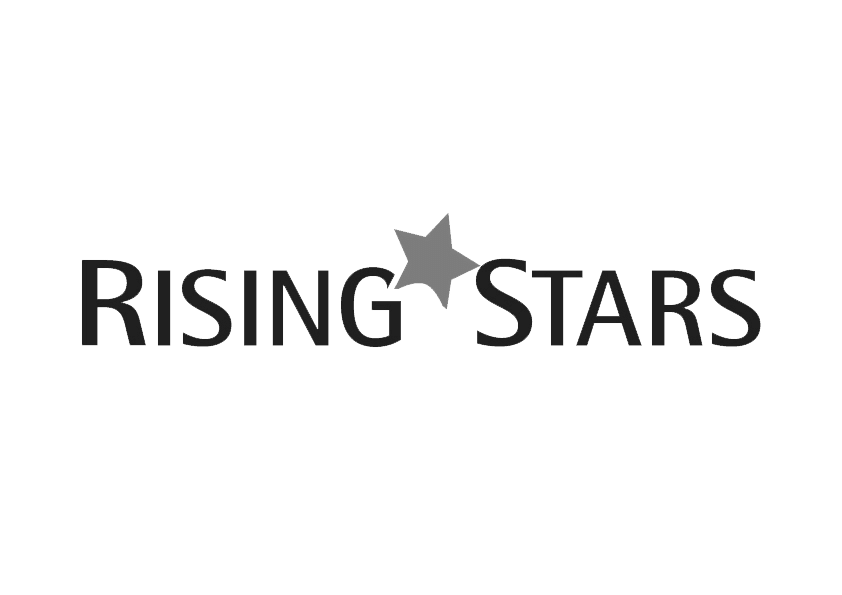Shaping the Future:
What the New Curriculum Review Means for Education and How Educater Can Help
As the government embarks on its much-anticipated curriculum and assessment review, the education landscape stands at the brink of significant transformation. This review promises to reshape the way we educate future generations, addressing the evolving needs of students, teachers, and society at large. In this blog, we’ll explore what the new curriculum might look like, what it should include, and how Educater can play a pivotal role in supporting these changes.
The Need for a Curriculum and Assessment Review
Education is the cornerstone of societal progress, and a curriculum that fails to adapt to changing times risks leaving students unprepared for the future. The current curriculum, while effective in many respects, has faced criticism for being outdated and overly rigid. With rapid technological advancements, shifting job markets, and an increasing emphasis on holistic development, the call for a curriculum that is more flexible, inclusive, and future-focused has grown louder. The review will aim to ensure that the curriculum includes a solid foundation in the core skills of reading, writing and maths, while also providing opportunities for young people to develop the creative, digital and speaking and listening skills that employers value.
What Might the New Curriculum Look Like?
The new curriculum is expected to reflect several key priorities:
21st Century Skills:
The future curriculum will likely emphasise critical thinking, creativity, collaboration, and communication. These skills are essential for students to thrive in a rapidly changing world and will be integrated across all subjects.
Digital Literacy:
With the rise of technology in every aspect of life, digital literacy is no longer optional. The new curriculum will likely embed digital skills from an early age, ensuring students are not just consumers of technology but also creators.
Inclusive Education:
There is a growing recognition of the need for an education system that caters to all students, regardless of their background or abilities. The new curriculum is expected to promote inclusivity, with a stronger focus on differentiated learning, cultural awareness, and social-emotional development. This also means looking at how the assessment system is able to capture the breath of the curriculum and the strengths of every young person.
STEM and Beyond:
While Science, Technology, Engineering, and Mathematics (STEM) will continue to be crucial, there will likely be a balanced approach that also values the arts, humanities, and social sciences. This holistic approach aims to nurture well-rounded individuals.
Sustainability and Global Citizenship:
As global challenges like climate change and inequality become more pressing, the curriculum will likely include education on sustainability and global citizenship, empowering students to become responsible and informed global citizens.
What Should the New Curriculum Include?
Beyond the anticipated changes, there are several elements that the new curriculum should include to truly prepare students for the future:
Personalised Learning:
Recognising that every student learns differently, the curriculum should be flexible enough to allow for personalised learning paths, catering to individual strengths and interests.
Career Readiness:
In addition to academic knowledge, the curriculum should equip students with the skills and experiences needed for the workforce, including practical life skills, financial literacy, and exposure to various career paths.
Real-World Learning:
Education should extend beyond the classroom, with opportunities for students to engage in real-world projects, internships, and community service, fostering a deeper connection between learning and life.
How Educater Can Help
As schools prepare to adapt to these upcoming changes, Educater is poised to be an invaluable partner in this transition. Here’s how:
Data-Driven Insights:
Educater’s platform provides schools with powerful analytics tools that help track student progress, identify gaps, and tailor instruction to meet individual needs. This is crucial in a curriculum that prioritises personalised learning. It is customisable to any assessment method or terminology to ensure that it can capture and report on the strengths as well as gaps in learning for all students. This includes being able to produce individual learner records.
Curriculum Mapping:
Educater allows schools to map out their curriculum, ensuring alignment with new standards and learning objectives. This helps teachers stay on track and ensures that all essential content is covered. If the curriculum is rigorous, flexible and inclusive, then equally, so must any system that aims to track it effectively be.
Seamless Communication:
Educater’s communication tools make it easier for teachers, students, and parents to stay connected. This is especially important in an inclusive education system where regular feedback and support are key. Our system encourages two-way communication by providing opportunities for parents and carers to ask questions and share feedback.
Professional Development:
Educater offers resources and training for teachers, helping them to stay up-to-date with new curriculum demands and teaching strategies. This ensures that educators are fully equipped to deliver the new curriculum effectively.
The review of the national curriculum marks an exciting opportunity to reshape education for the better. By focusing on 21st-century skills, inclusivity, and real-world relevance, the new curriculum has the potential to prepare students for the challenges and opportunities of the future. As these changes unfold, Educater is here to support schools every step of the way, offering the tools and insights needed to make the transition smooth and successful. Together, we can shape a brighter future for education.










